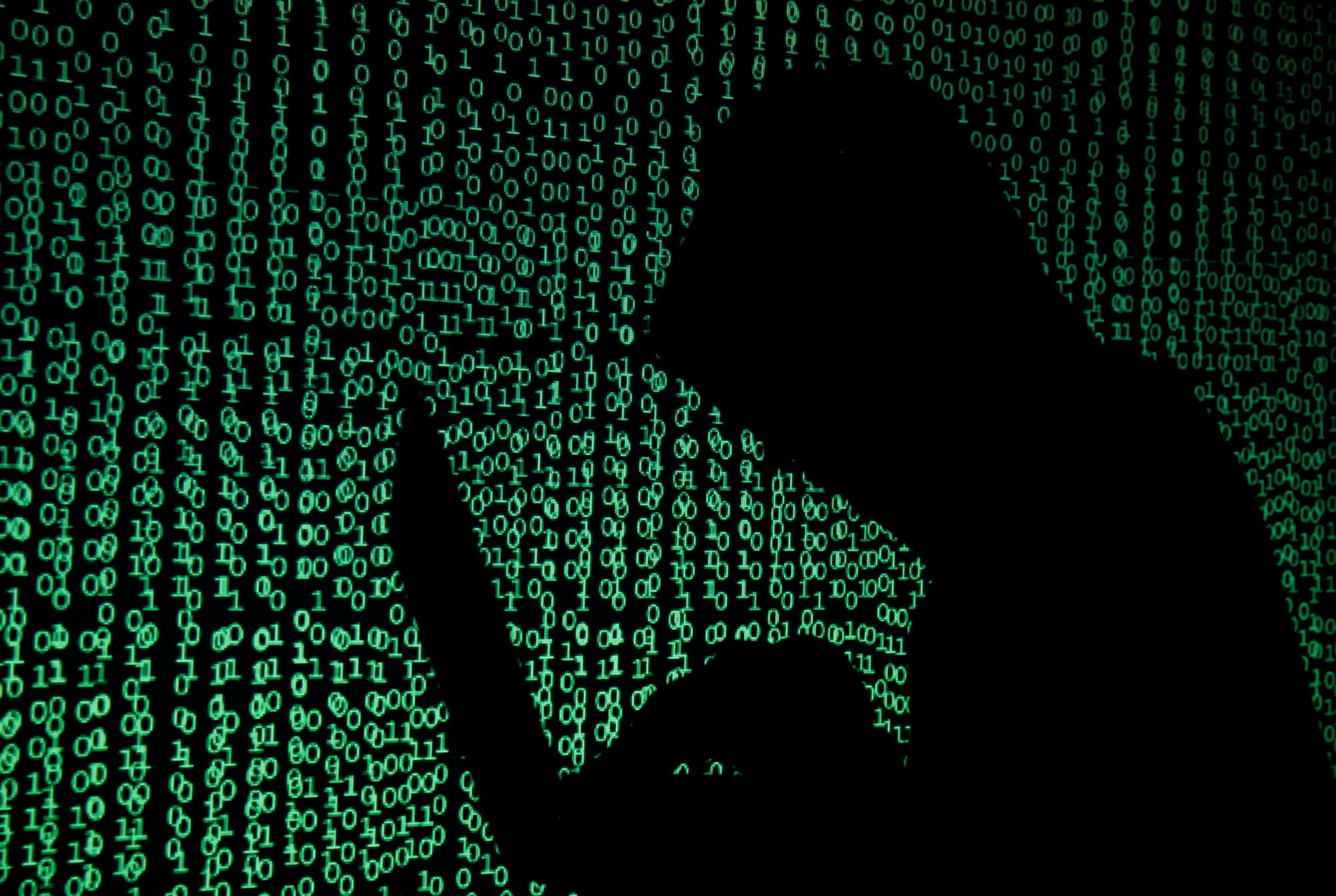North Korea: Hackers leak names, birthdays and addresses of nearly 1,000 defectors
Unknown cyber criminals plant malware through emails into resettlement centre computer

Your support helps us to tell the story
From reproductive rights to climate change to Big Tech, The Independent is on the ground when the story is developing. Whether it's investigating the financials of Elon Musk's pro-Trump PAC or producing our latest documentary, 'The A Word', which shines a light on the American women fighting for reproductive rights, we know how important it is to parse out the facts from the messaging.
At such a critical moment in US history, we need reporters on the ground. Your donation allows us to keep sending journalists to speak to both sides of the story.
The Independent is trusted by Americans across the entire political spectrum. And unlike many other quality news outlets, we choose not to lock Americans out of our reporting and analysis with paywalls. We believe quality journalism should be available to everyone, paid for by those who can afford it.
Your support makes all the difference.The personal information of nearly 1,000 North Korean defectors who fled across the border to South Korea has been leaked by hackers.
The South Korean Unification Ministry said it discovered last week the names, birth dates and addresses of 997 defectors had been stolen from a resettlement agency’s database through a computer infected with malicious software.
The agency in the southern city of Gumi, called the Hana centre, is among 25 institutes the ministry runs around the country to help some 32,000 defectors adjust to life in the richer, democratic South by providing jobs, medical and legal support.
“The malware was planted through emails sent by an internal address,” a ministry official told reporters on condition of anonymity, due to the sensitivity of the issue, referring to a Hana centre email account.
Defectors, most of whom risked their lives to flee poverty and political oppression, are a source of shame for North Korea. Its state media often denounces them as “human scum” and accuses South Korean spies of kidnapping some of them.
The ministry official declined to say if North Korea was believed to have been behind the hack, or what the motive might have been, saying a police investigation was under way to determine who did it.
North Korean hackers have in the past been accused of cyberattacks on South Korean state agencies and businesses.
North Korea stole classified documents from the South’s defence ministry and a shipbuilder last year, while a cryptocurrency exchange filed for bankruptcy following a cyberattack linked to the North.
North Korean state media has denied those cyberattacks.
The latest data breach comes at a delicate time for the two Koreas, which have been rapidly improving their relations after years of confrontation.
The unification ministry said it was notifying the affected defectors and there were no reports of any negative impact of the data breach.
“We’re sorry this has happened and will make efforts to prevent it from recurring,” the ministry official said.
Several defectors, including one who became a South Korean television celebrity, have disappeared in recent years only to turn up later in North Korean state media, criticising South Korea and the fate of defectors.
Additional reporting by Reuters
Join our commenting forum
Join thought-provoking conversations, follow other Independent readers and see their replies
Comments